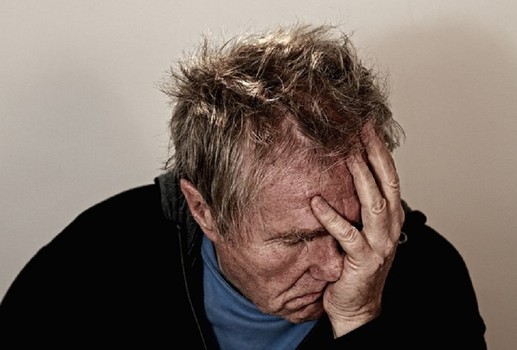Insomnia is a very annoying condition which may adversely affect your health. The American Heart Association reported, that chronic insomniacs may be confronted with an increased risk of hypertension. Researchers have observed insomniacs who take longer than 14 minutes to fall asleep have an increased risk of hypertension. This study was done at West China Hospital.
This is the first study to investigate whether insomnia associated with physiological hyperarousal is associated with hypertension. Hyperarousal is defined as a longer time to fall asleep. The researchers observed the longer it took to fall asleep the higher the risk of hypertension. Xiangdong Tang M.D., Ph.D, who is co- author of the study and a professor of sleep medicine at West China Hospital, Sichuan University in Chengdu, China, said a strong association between the degree of physiological hyperarousal and hypertension was observed.
Insomnia is the most prevalent sleep disorder which is seen in the general population. It’s estimated that about one-fourth to one-third of the general population complains of difficulty falling asleep and about 10 percent suffer from chronic complaints and search for medical help for insomnia. Although traditionally insomnia has been seen as a nighttime sleep disorder several studies have suggested it’s actually a state of 24-hour hyperarousal.
A more biologically severe type of insomnia has been found to be associated with 24-hour hyperarousal and significant cardiometabolic consequences such as hypertension. Clearly feelings of being hyperalert or sleepy undermines the ability of people to function at their best, feel well during the day or sleep well during the evening. Insomniacs express feelings of fatigue and tiredness during the day and yet the primary problem they have is that they cannot relax and that they are hyper.
This study has been published in the journal Hypertension. The researchers have found insomnia which is associated with physiological hyperarousal is associated with a significant risk of hypertension. There’s therefore clearly more to gain from getting a good nights sleep than just feeling good.








